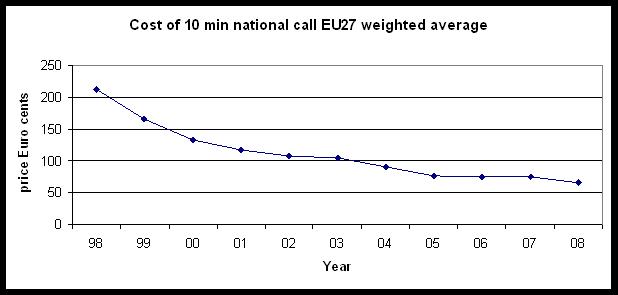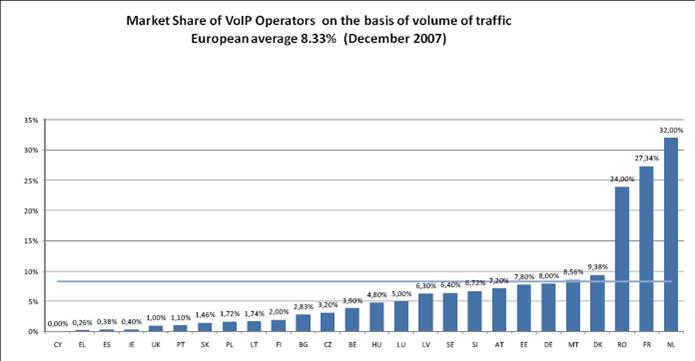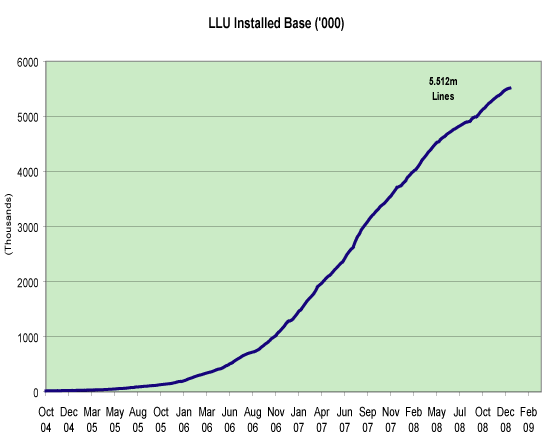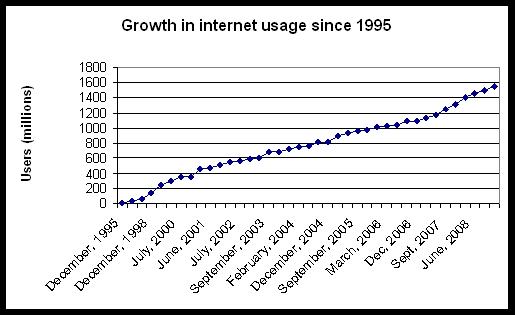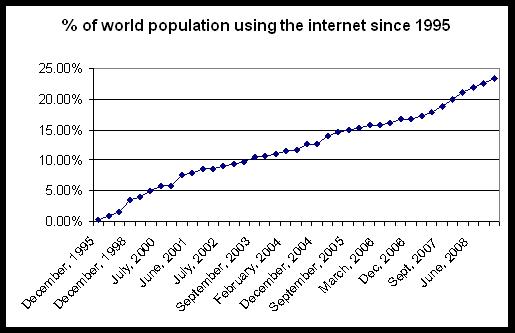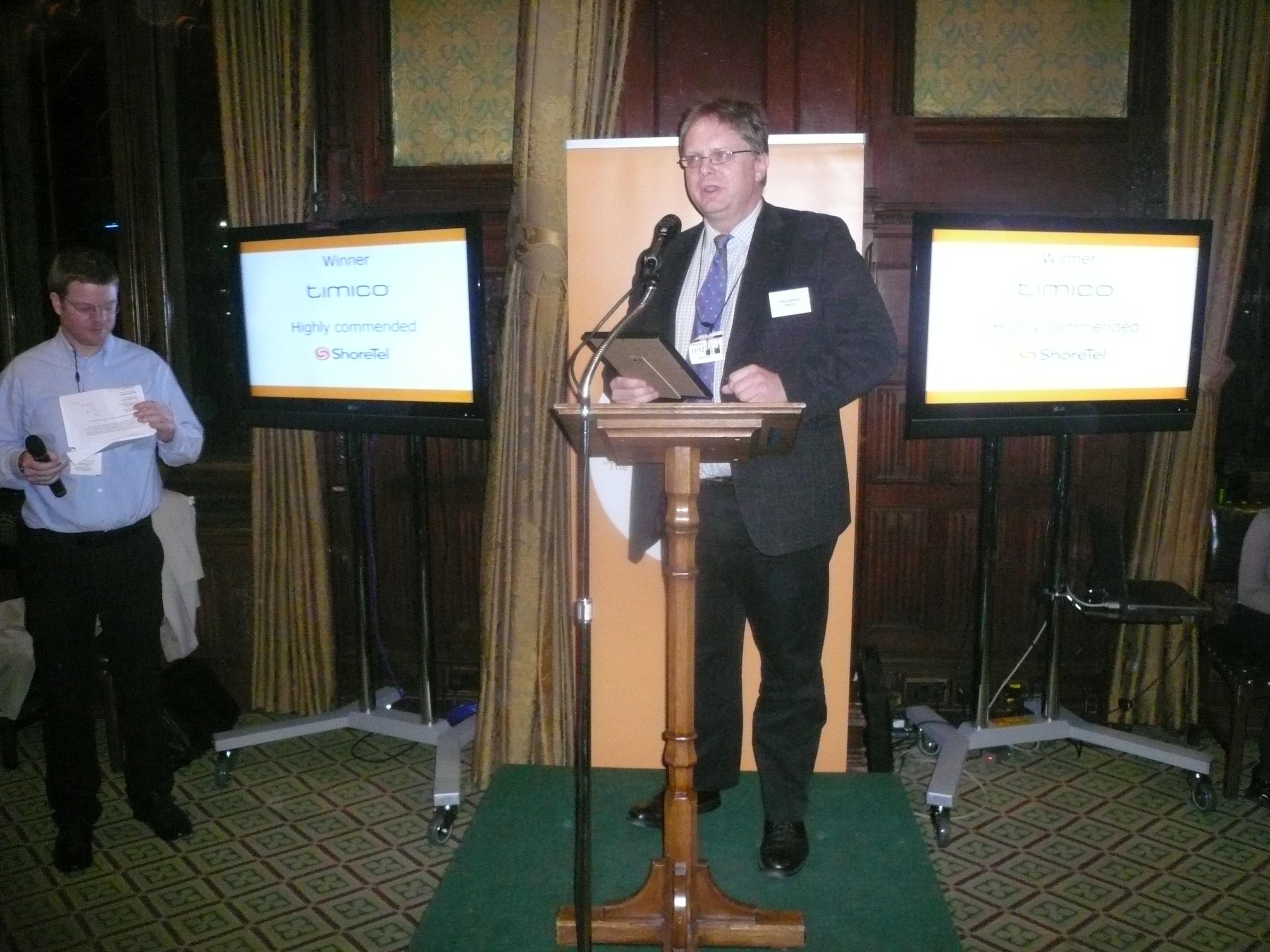What is the difference between VoIP and Voice over Broadband? In last year’s Review of the Communications Market in the UK Ofcom specified VoIP as largely PC to PC based services and VoB as a service that looked like a traditional phone line.
The regulator did this because it wanted to characterize the space and understand whether the likes of BT continues to wield Significant Market Power in a fixed line market that is rapidly being replaced by VoIP technology. Fair enough.
The biggest problem was that the market research wasn’t adequately specified and the results suggested that the VoIP market in the UK was going backwards. This is patently rubbish and helps nobody, especially when trying to justify capital expenditure budgets.
In all fairness to Ofcom they recognize that they got their specs wrong and are now keen to remedy this. Yesterday they suggested a get together with ITSPA next month to thrash out ways of better assessing the market size. In the first instance a direct survey of all ITSPA members should cover a large percentage of the numbers.
The next report should therefore suggest a huge, recession busting increase in the number of VoIP users. This is because in the first instance the market will have grown significantly but also the numbers will be compared with an artificially reduced figure the last time round.
In fact it is understandable that the VoIP market should grow in these uncertain economic times. One of the selling points of the technology is cost saving, whether that is by a direct reduction in costs or an improvement in productivity.
What is also interesting is that it is becoming increasingly difficult to differentiate between a service that is overtly not a traditional phone look alike service and one that is. Skype, for example, sells itself as an IP application and therefore claims to be beyond the law when it comes to having to support 999 access to the emergency services. However Skype can now be used from a handset which looks and feels like a normal phone.
How Ofcom determine which camp Skype fits into will be interesting to see.
